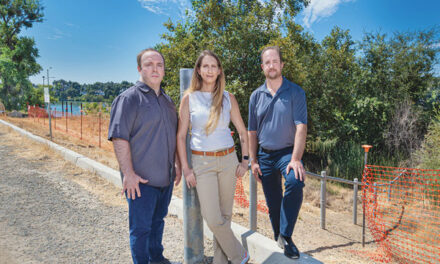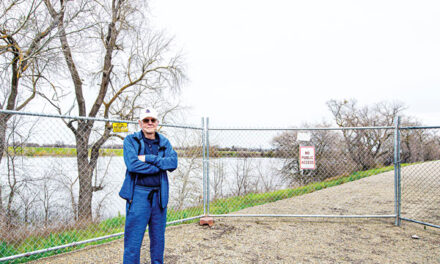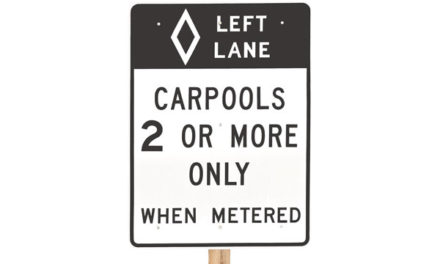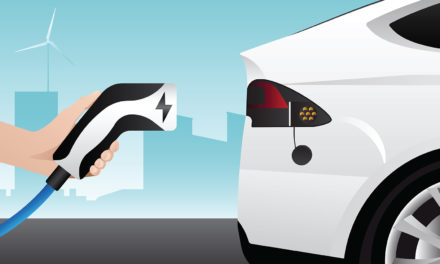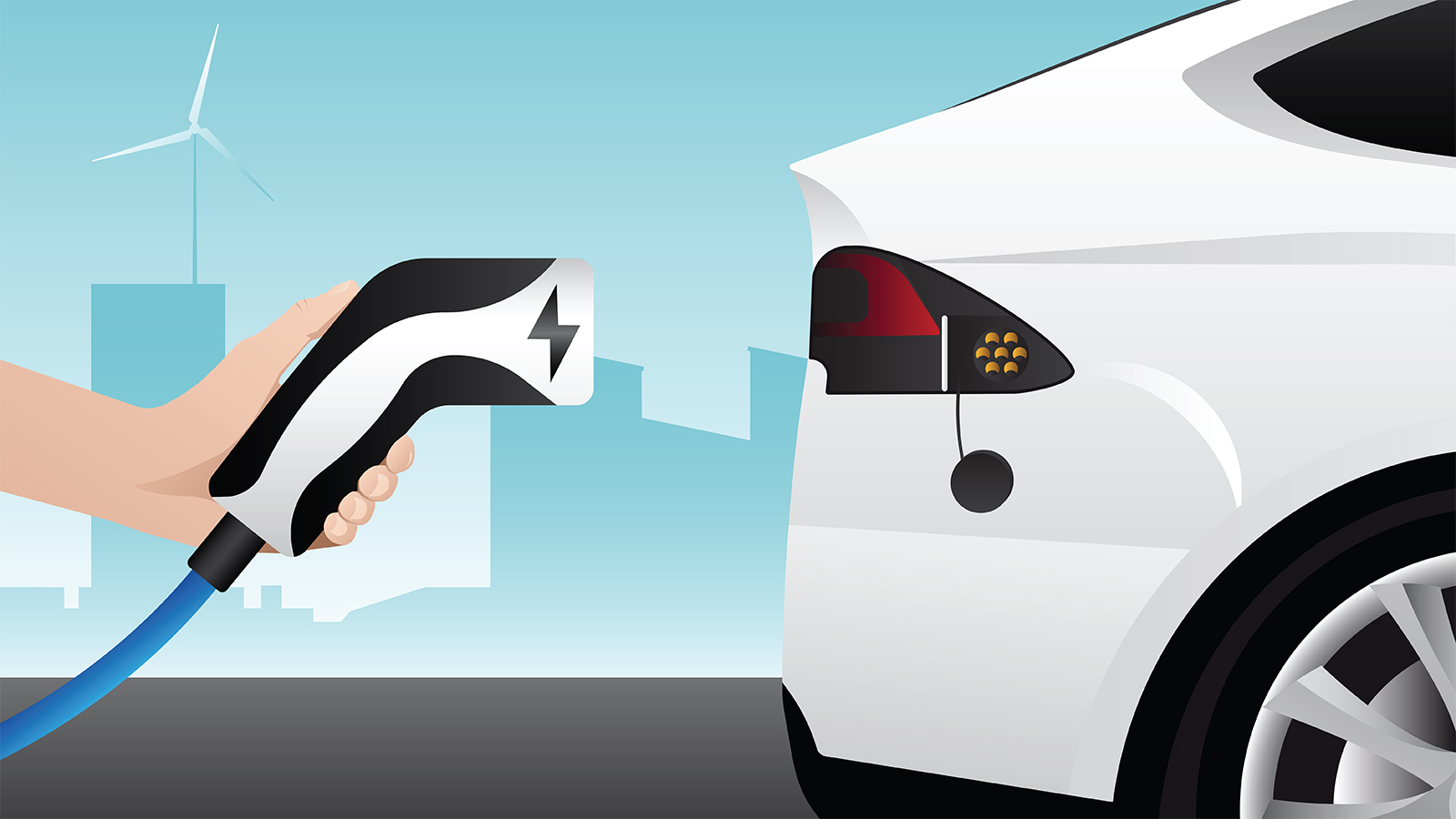
Electric cars have been the wave of the future since a long time in the past. They have promised cleaner air and zero trips to the gas station.
The plug-in electric cars I’m talking about are zero-emission vehicles, powered solely by batteries, not hybrids powered by gasoline generators. Governments have incentivized electric car purchases with hefty tax credits and HOV lane privileges. It’s possible to get a $7,500 federal tax credit and a $2,500 state rebate for an electric car.
Lately, there’s been growing interest in electric vehicles. Tesla seems to have made battery cars sexier. Other manufacturers have refined technology and are producing more models. New California laws will require Uber and Lyft to shift toward zero-emission vehicles, and France and other countries want to eliminate cars with internal combustion engines.
UC Davis engineering professor Dan Sperling regards electric vehicles, along with autonomous and shared vehicles, as part of the mobility “revolution.” A recent Sacramento Bee opinion piece by transportation consultant Karen Skelton said, “We are in the beginning stages of an electric transportation revolution essential to preserving the planet.”
Yet consumers have not been so enthusiastic. California has more than 400,000 electric cars, more than the rest of the country put together. Nationally there were only 540,000 electric cars on the road in November 2016—from a fleet of about 260 million. That’s two-tenths of a percent. Even with the current uptick in interest and sales, electric cars represent less than 1 percent of cars sold in the U.S.
Probably the chief problem for consumers is “range anxiety.” Electric cars can travel anywhere between 80 and 300 miles on a charge. That’s fine for a second family car and trips around town, but a major drawback for single-car families and long journeys.
Having to spend hours recharging batteries every couple of hundred miles is not practical on a long-distance family vacation. A Nissan Leaf can get 150 miles on a charge. Tesla models broke the 200-mile barrier and its Model S can go 315 miles, but it costs $71,000.
Few, if any, electric cars cost as much as the Model S, but electric cars are expensive. Even with tax breaks and rebates, the price tag can still be higher than a car with an internal combustion engine.
Electric cars don’t eliminate emissions. They eliminate tail-pipe emissions. The emissions are displaced to remote power plants, and many of those plants use dirty fossil fuels. As the energy sources for power generation become cleaner, the amount of air and carbon pollution will be reduced. But all sources of energy, including nuclear, solar and wind, have negative environmental impacts, even though those impacts may be less than coal, oil or natural gas.
Electric car batteries are heavy, 1,000 pounds versus 40 pounds for a lead/acid battery. And they have to provide enough energy to move their own weight. They occupy a lot of space that could be used for cargo and may not work well in extreme cold or heat. They need scarce materials to produce. Their recycling is still in its infancy.
Many of these problems can be dealt with in a variety of ways. Car manufacturers are improving battery technology, increasing electric car range, shrinking charging times and lowering prices. We can expect innovations to continue. But observers believe, because of physical limits, that advances are very unlikely to be as fast or dramatic as with computer technology.
More importantly for me, electric cars don’t do anything to reduce traffic congestion or parking needs. As populations grow, that’s serious. They have all the problems that our millions of current cars have, most of which are heavy vehicles with a single occupant.
Electric cars don’t do anything to reduce deaths, injuries and property damage caused by crashes. Electric cars don’t increase physical activity or improve public health like walking and biking. It’s not clear how utilities would create enough generating capacity to power millions of vehicles.
Will electric cars preserve the planet? I believe they have problems that are profound and intractable. Admittedly, my perspective is skewed by a preference for human powered transportation, so I could be wrong. Perhaps the electric car’s future will unfold in a way I can’t envision and finally deliver on its promise.
Walt Seifert is Executive Director of Sacramento Trailnet, an organization devoted to promoting greenways with paved trails. He can be reached at bikeguy@surewest.net.








